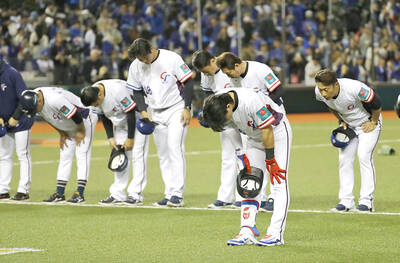Retired Australian vice captain Adam Gilchrist has questioned India’s sportsmanship and has singled out their greatest player Sachin Tendulkar for special criticism.
The wicketkeeper-batsman claims in a new book that the biggest difference between Australia and India is that his former teammates left hostilities on the field while many of their antagonists often snubbed their opponents.
Gilchrist’s autobiography, to be released next week, centers on the hostilities between the two cricketing powers in Australia last summer, which escalated after the Indians claimed Australia had not played in the spirit of the game.
Gilchrist pointed to tensions with Tendulkar, revealing he was “hard to find for a changing room handshake after we have beaten India.”
Writing about the dramatic final moments of the Sydney Test when India’s last two batsmen, Anil Kumble and Ishant Sharma, walked off without any Australians offering a handshake, Gilchrist said: “We went into the Indian changing room and shook hands.”
“Not all their players could be found, which points to another subtle cultural difference,” he said. “In the Australian mentality, we play it hard and are then quick to shake hands and leave it all on the field.”
“Some of our opponents don’t do it that way. Sachin Tendulkar, for instance, can be hard to find for a changing room handshake after we have beaten India. Harbhajan can also be hard to find,” Gilchrist said.
“I guess it’s a case of different strokes for different folks. But the criticism of us for not immediately shaking hands with Kumble and Sharma was unfair, and typified a moment when everything we did was wrong,” he said.
Gilchrist also criticized both the Indian and Australian cricket boards for their handling of the Harbhajan case after Symonds claimed he called him a monkey.
Gilchrist accused the Indian board of “playing politics” and Cricket Australia and the International Cricket Council of “caving in” when the spinner’s original charge was downgraded and his suspension quashed.
“The Indian board made threats that they would take the team home — a disgraceful act, holding the game to ransom unless they got their way,” Gilchrist said.

Taiwan kept their hopes of advancing to next year’s World Baseball Classic (WBC) alive with a 9-1 victory over South Africa in a qualifier at the Taipei Dome on Saturday, backed by solid pitching. Taiwan last night played against Nicaragua. As of press time, Nicaragua was leading 6-0. Bouncing back from Friday’s struggles on the mound, when Taiwanese pitchers surrendered 15 runs to Spain, Team Taiwan on Saturday kept the visiting team in check, allowing just one run in the bottom of the fourth inning. Starting pitcher Sha Tzu-chen struck out one and allowed no hits, except for a hit-by-pitch over

Taiwan kept its hopes of advancing to the 2026 World Baseball Classic (WBC) alive with a 9-1 victory over South Africa in a qualifier at the Taipei Dome last night, backed by solid pitching. Bouncing back from Friday’s struggles on the mound, when Taiwanese pitchers surrendered 15 runs to Spain, Team Taiwan kept the visiting team in check, allowing just one run in the bottom of the fourth inning. The win was crucial for Taiwan, as a loss would have eliminated the team from contention for the next WBC. Starting pitcher Sha Tzu-chen (沙子宸) struck out one and allowed no hits, except for

Team Taiwan are set to face Spain in a win-or-go-home match tonight for the final berth at the 2026 World Baseball Classic (WBC), despite losing to Nicaragua 6-0 in the WBC qualifier at the Taipei Dome on Sunday. The home team’s loss on Sunday means Nicaragua finish first in the qualifier round in Taipei with a perfect 3-0 record and advances to next year’s finals. After crushing South Africa 9-1 earlier on Sunday, Spain took second place in the four-team qualifier with a 2-1 record. With a 1-2 record, Taiwan finished third while South Africa placed at the bottom with

Team Taiwan avoided missing the World Baseball Classic (WBC) for the first time by defeating Spain 6-3 in a do-or-die game in Taipei last night. After narrowly escaping a mercy-rule loss to Spain in the WBC Qualifiers opener on Friday last week, the home team — winner of last year's WBSC Premier12 title three months ago — got their revenge against the 2023 European champions at Taipei Dome. "It felt quite different from when we won the Premier12," Taiwan captain Chen Chieh-hsien (陳傑憲) said after the game, recalling the ups and downs the team has experienced over the past few days. Unlike in